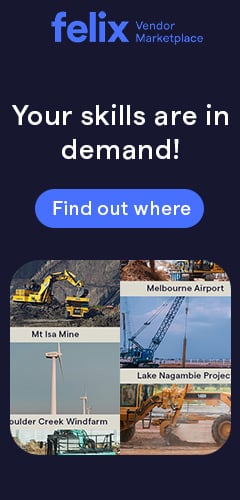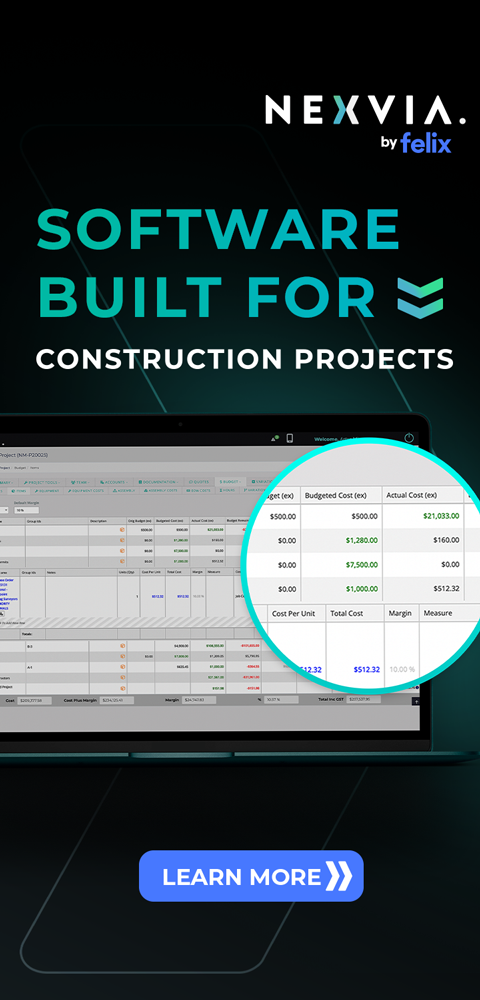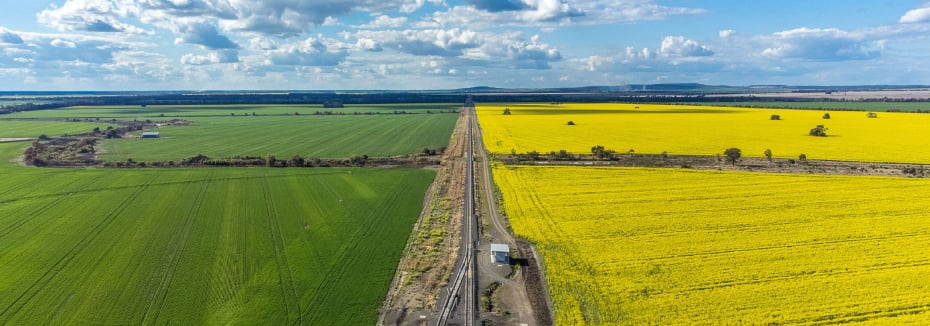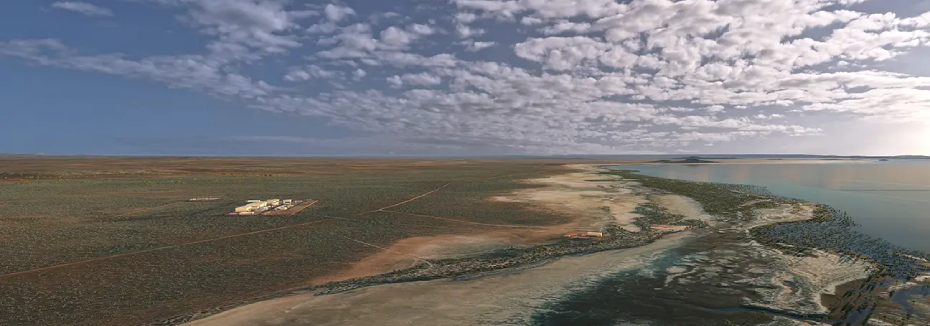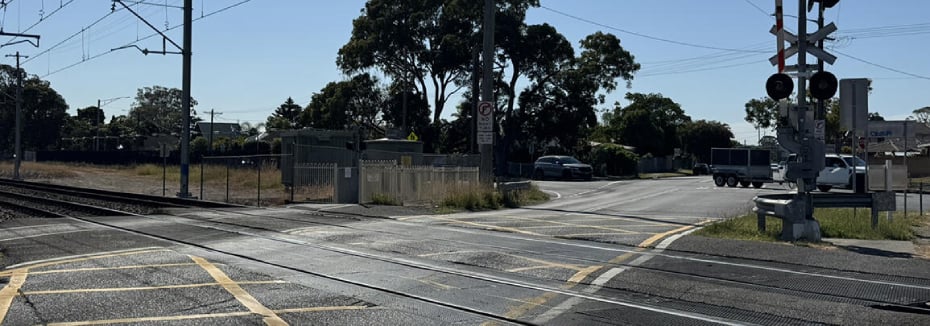Machines nowadays are far more innovative than their predecessors, with the likes of GPS tracking systems, driverless functionality and robotics, yet they still require a human element to maintain and operate them, especially when they breakdown.
Breakdowns are costly, and getting equipment repaired takes a lot of time and money. Breakdowns can also put site staff out of work for hours, or even days depending on the time that it takes to repair the machine in question.
It's safe to say, the best way the deal with breakdowns, is to avoid them from the get-go. While this may not be entirely possible, there are a few simple tips you can follow to prevent breakdowns occuring in the first place, and how you can overcome them if (and when) they do occur.
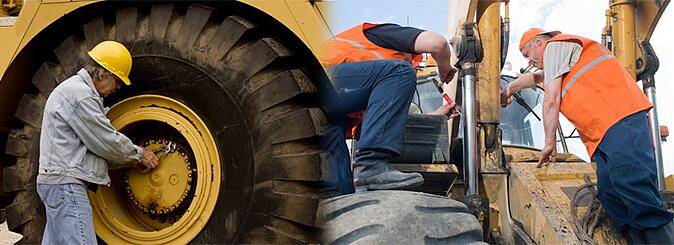
5 tips to prevent breakdowns on site (and how to overcome them):
1. Maintenance is key
Getting your plant and equipment regularly checked will prevent them from breaking down unexpectedly. During a routine check-up, make sure that everything is working perfectly and that parts that need changing are changed then and there. Having a regular maintenance routine is costly, but having a breakdown on site will cost you more – both money and time.
2. Don’t overwork your machines and equipment
Just like us humans, plant and equipment can get tired as well. Overheating will usually result from overworking a machine, and is a sign that your equipment is reaching its limit. If you notice that your equipment is getting hot or is slowing down, give it a rest and some time to cool down.
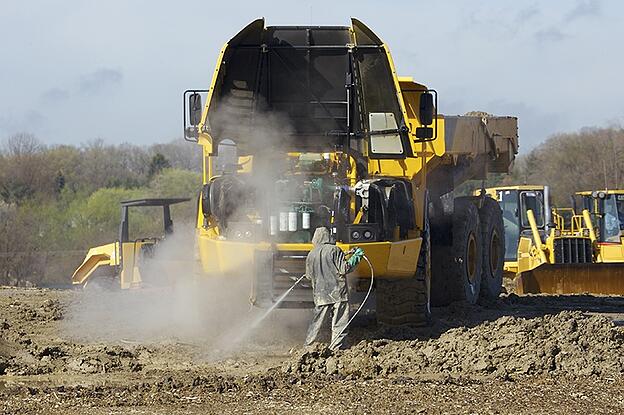
3. Storage and cleaning
Cleaning and properly storing your plant and equipment is also important to making them last longer and perform better.
Proper storage will keep them safe from natural elements like rain, morning frost and extreme heat during summer when they are not in use.
Cleaning your plant and equipment will also keep them performing in tip-top shape. Dirt tends to accumulate over time and could potentially clog up pipes, vents and other openings thus the need for a regular clean up. Rusting is inevitable, but taking care of your equipment will delay the spread of rust and extend its lifespan.
4. Read the operator’s manual
Operator’s manuals usually outline the different parts of the equipment with instructions on how to fix the machine when it breaks down. Manuals also include safety information and warnings. Familiarise yourself with this important information because it may be useful in the future.

5. Always be prepared
Breakdowns on site are usually unpredictable, and it is best if you come prepared. Having a contingency plan for breakdowns on site is a good way to start. Predict the kind of equipment or machinery breakdowns in advance and list down ways you can overcome them, this way you don’t have to take too much time thinking of a way to get back on track from a breakdown.
Listing down the necessary phone numbers for repairmen or service centres is also a good way to prepare for a breakdown – It’ll help you reduce the time spent searching for the right people to help you.
As the old saying goes, “prevention is better than cure”. Keep an eye out for tell-tale signs when your plant and equipment is not performing up to par. Once you notice that something is not right about the performance of your equipment, get it checked out immediately.

Recent Articles
NSW Govt approves Inland Rail Narrabri to North Star Phase 2 project
Delivery of the second phase of Inland Rail in New South Wales will soon get underway as the State Government gives the green light to the Narrabri to North Star Phase 2 project.
New significant milestones reached on proposed Northern Water Project
Two significant milestones have been achieved on the proposed Northern Water desalination plant in South Australia.
Plans unveiled for major upgrade to NSW Rawson Rd level crossing
The New South Wales Government has unveiled plans for a major upgrade at Rawson Road and Railway Street in Woy Woy to make one of the Central Coast’s level crossings safer.
Get the latest project news
- updates on Australia's pipeline of state and federal projects
- fresh contract awards from major contractors and builders
If you're looking to contact us about other matters, please contact us.

